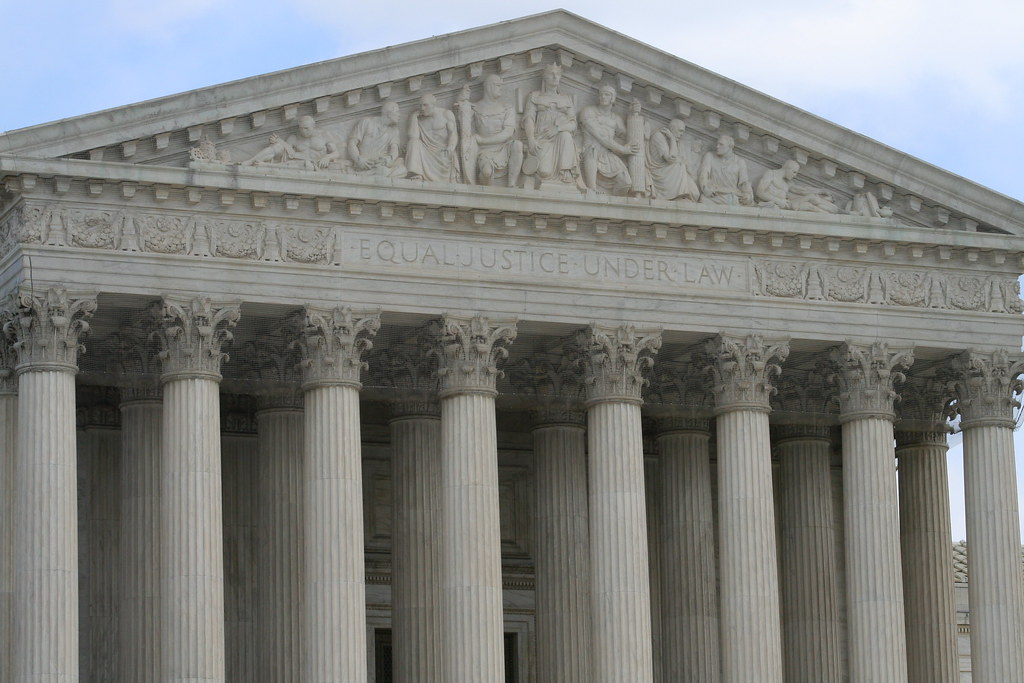Key Takeaways:
- Democrats won both the governor and lieutenant governor races.
- They reclaimed the House of Delegates with a 51-49 majority.
- This marks the first Democratic trifecta in Virginia since 2021.
- Observers call it the biggest Democratic win in Virginia since 1989.
Virginia voters delivered a clear message on Tuesday. Former Rep. Abigail Spanberger claimed victory in the governor’s race. Moreover, Democrats also won the lieutenant governor seat. They took back the House of Delegates with a narrow edge. As a result, the party now holds a trifecta in state government. According to data, this marks the first trifecta since 2021. A New York Times reporter even called it the biggest Democratic election in Virginia since 1989.
How Virginia Democrats Won Big Across the State
Abigail Spanberger ran a strong, focused campaign. She spoke about everyday costs and public safety. Furthermore, her wide margin drew voters to other Democratic candidates. Turnout climbed in key districts, flipping seats that once leaned Republican. Party leaders had aimed to flip nine seats but any gains mattered. As polls closed, major news outlets quickly projected Spanberger’s win. In under an hour, CNN and the Associated Press declared her the next governor.
A Strong Performance in the Governor’s Race
Spanberger faced incumbent lieutenant governor Winsome Earle-Sears. Earle-Sears aligned closely with a former president yet failed to win over moderates. Spanberger highlighted her congressional record on health care and education. Therefore, she pulled in moderate and independent voters. Young adults and first-time voters turned out in large numbers. Their support proved crucial in swing areas around Richmond and Northern Virginia.
The Return of a Democratic Trifecta
With victories in the top two offices, Democrats now control the governor’s office and both legislative chambers. This trifecta allows them to pass bills without opposition control. For the first time in years, Democratic leaders can set the full legislative agenda. They plan to expand health care, bolster voting rights, and invest in schools and transit. However, they still face close margins in the House of Delegates, where every vote will count.
What Comes Next for Virginia Democrats
Party leaders hope to flip up to nine Republican seats in the House of Delegates. Yet, they already hold a slim 51-49 majority. Therefore, each lawmaker’s vote will carry huge weight. Lawmakers must work together to achieve their goals. They plan to focus on affordable housing, clean energy, and reproductive rights. While they celebrate this win, they face pressure to deliver quick results.
A New Political Landscape in Virginia
The 2025 election reshaped Virginia politics. It reflects shifts in the state’s population and attitudes. Suburban areas moved steadily toward Democrats, while rural regions stayed Republican. In turn, both parties must adapt their messages. Republicans may rethink their approach in fast-growing counties. Meanwhile, Democrats must keep their new voters engaged. Looking ahead, Virginia could serve as a model for other swing states.
The Impact on National Politics
Virginia often foreshadows national trends. Educators, health care workers, and public servants helped drive turnout. They backed candidates promising steady economic growth. Moreover, this success may boost Democratic confidence in other key states. Yet, they face challenges in the 2026 midterm elections. They must maintain momentum and unity to succeed next time.
Challenges Ahead for the New Majority
Despite their victories, Virginia Democrats must avoid overconfidence. They face tight votes on major bills in the legislature. Close races mean one or two defections could stall progress. Furthermore, they must balance urban and rural priorities. They also must handle budget limits after years of rising costs. However, clear leadership and teamwork can help overcome these hurdles.
A Fresh Start for State Policies
With full control, Democrats can pursue long-term goals. They aim to expand Medicaid, boost public transit, and improve mental health services. They also plan gradual minimum wage increases. Transition teams will finalize policies in the coming weeks. Above all, they must deliver on key promises to earn voter trust. Many residents now expect swift action on everyday issues.
What This Means for Voters
For voters, the new majority brings a stronger focus on local concerns. They can expect new laws on school safety, climate resilience, and campaign finance reform. Citizens have more power to contact legislators and share ideas. Therefore, civic engagement will shape the state’s next chapter. As a result, both parties must keep listening and adapting to public needs.
FAQs
What does trifecta mean in state politics?
A trifecta happens when one party controls the governor’s office and both legislative chambers. It lets that party pass laws without opposition control. In Virginia, this means smoother policy work for Democrats.
Who is Abigail Spanberger?
Abigail Spanberger is a former member of Congress near Richmond. She served one term in the U.S. House of Representatives. Now she is Virginia’s governor-elect after winning the recent race.
Why did this election matter so much?
This election decided which party shapes Virginia’s laws for the next two years. It also reflected voter views on health care, education, and the economy. Many saw it as a test of party strength.
How might this result affect future elections?
The outcome shows how suburban areas influence statewide races. It may guide strategies in neighboring states. In addition, national party leaders will study these results as they plan for 2026.
